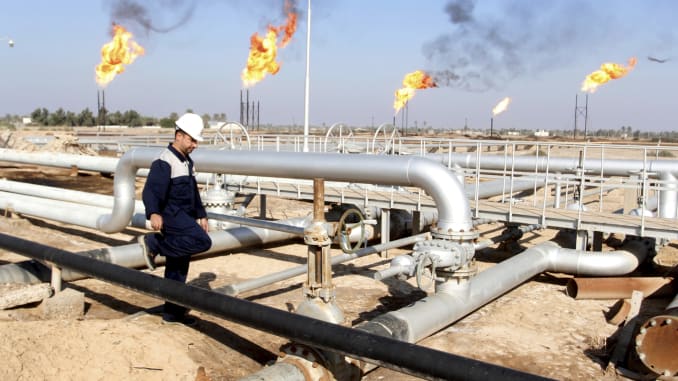Organization of Petroleum Exporting Countries, a group of 15 oil producing countries had recently undertaken a production restraint deal, setting a target of lowering their collective output of crude oil by certain pre-decided amount (which was kept at more than 2.3 million barrels per day below its target for the month of September) under a pledge. This was done as earlier they had exceeded their targets in terms of production. The decision was taken by the joint technical committee of the Vienna headquartered body.
The production reduction pledges were first taken by the 15 oil-producing countries in January 2017, decided in the Joint Ministerial Monitoring Committee, the main overseeing body in the OPEC. The JTC had calculated that in the May-August period this year OPEC had overproduced crude oil way beyond the level pledged under the OPEC restraint deal.
OPEC’s second largest oil producer, Iraq has recently raised its crude oil exports in September. Oil revenues are crucial to Iraq’s budgetary income. Recently the country was pressurized by OPEC to follow its production lowering quotas. Iraq had been the biggest laggard in terms of meeting the targets of lowering of oil production levels. Angola and Nigeria are the other underperformers in the production restraint pledge.
Iraq had promised additional cuts of around 400000 barrels per day for the month of August. Iraq has for almost all months had not followed the quota of reduction in oil production.
For some countries like Iraq which primarily depend on Oil for revenues, cutting down the production is a complicated issue. When OPEC is gradually opening its oil valves and has been increasing the exports in September, it has led to the fall of oil prices globally. This is being countered by Russia which is controlling it’s Oil production in order to stop the fall in oil prices.
Requirement of reducing the oil production level gets tough for a country which has the majority of its revenue coming from the crude oil sale in the world market. This can be estimated from the numbers which speak for themselves. Iraq generally produces 1-1.6 billion barrels of oil per year which at the current price level of crude oil translates into a per capita income of around $3200-$4000 for the country.
This probably leads Iraq to be trapped between the devil and the deep blue sea where on one side it has almost no other substantial source of national income other than oil and on the other hand it has to deal with a world with measures like OPEC pledges which are meant to arrest the fall in Oil price.





